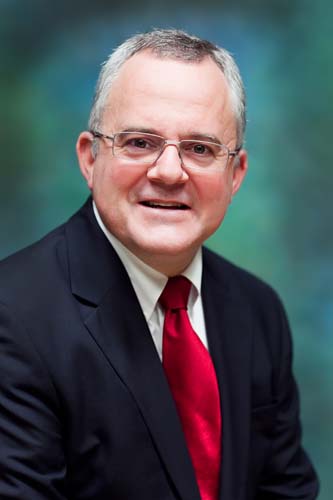
Solo practitioners enjoy various benefits that larger firm practitioners may lack, such as complete freedom over the cases they choose and the nature of their practice. That being said, there are some downsides to becoming a solo practitioner, including reduced staffing and a lower average salary as compared to larger firm practitioners. All in all, you should weigh your options and consider becoming a solo practitioner if it is the right fit for you.
1. Why did you decide to become a solo practitioner?
I decided to become a solo practitioner because I realized that after 25 years of practice, I was ready to have my own firm. I am confident of my abilities, my knowledge of the subject matter, and my knowledge of myself. I believe that in a service profession, it is extremely important to know yourself very well so that you can best advise others. Also, I am greatly interested in my spiritual life. In a solo practice, I have the ability to devote the necessary amount of time for the work-life balance that I find essential. Because I am confident that the money will come in, I run my practice based on other questions.
2. What is the best part of being a solo practitioner?
The best part of being a solo practitioner is that my cases are very personal. I have the opportunity to see the results right before my eyes. I feel privileged to apply the law to real-life dilemmas to see where I might be able to make a difference. I enjoy having the responsibility of taking the lives of my clients in my hands and working hard under the law.
3. What is the worst part of being a solo practitioner?
The worst part of being a solo practitioner is learning to run the business. I am slowly getting the business end into shape and I feel that I will expand my practice in the near future.
4. What advice would you give to others looking to become a solo practitioner?
My advice is that you have to decide what is most important to you in your practice. Many attorneys wish to maximize their profit. But the profit motive is the wrong focus. The correct focus is to run an ethical, highly competent practice. But even more important than that is to be personally focused so that you can be able to guide others. Therefore, my suggestion is that the aspiring solo practitioner should seek spiritual maturity.
5. What is a typical day like for you as a solo practitioner?
A typical day for me is to arrive at my office with a pile of papers awaiting me strewn all over the place. Each and every day, I have a list of priorities and I do what I can on my cases each and every day. I greatly enjoy research and writing. When I am lucky, I sit down with the Lexis and immigration law research tools that I have and read cases, articles, laws, and regulations with two computer screens before me. Immigration law is humbling because the law changes so often.
6. Is there anything else that is important to know about you and your practice, or that you would like to add?
I was born at Rota Naval Station in Spain and am half-Spanish. I grew up in two different cultures and have seen things many Americans have not. Many immigration law practitioners have a dual background like mine.





